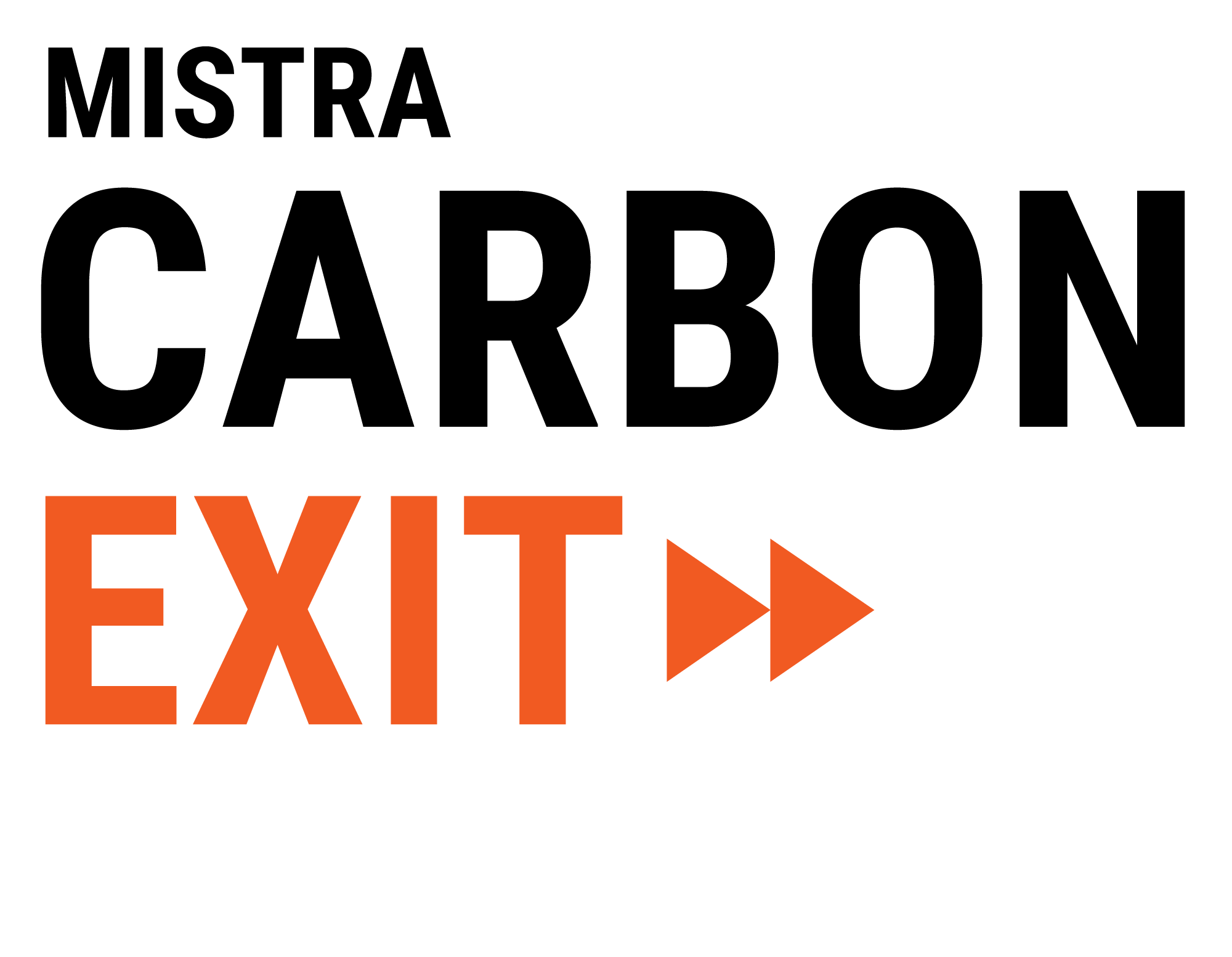What Are the Key Challenges for Climate Leadership?
Author: Victoria Wibeck from Linköping University, leader of work package 3: Changing market institutions and behaviours towards swedish leadership
(This article was originally published in Mistra Carbon Exit Annual Report March 2018)
How do representatives of Swedish industry and Swedish environmental politics and administration perceive efforts towards achieving Sweden’s target of net zero greenhouse gas emissions by 2045? What do they see as key challenges and enabling conditions for assuming climate leadership? What are their visions for future sustainable societies?
These are some of the questions that we explored in a series of focus group interviews taking place in Norrköping Decision Arena in the fall of 2018 and early spring of 2019. Feeding particularly into the project Focus groups on Swedish leadership, niche markets and low carbon business models, work package 3, the highly interactive focus group format allows in-depth analysis of how key actors make sense of issues related to climate leadership and encourage the sharing of knowledge and experience among the participants.
Building on scientific advances within interactive visualization and participatory research, Norrköping Decision Arena (liu.se/en/research/the-norrkopingdecision-arena) presents a meeting place and a testing ground for transdisciplinary research. The focus group interviews make use of ICT-based, interactive exercises that facilitate participants’ discussions. A brainstorming exercise helped to identify and group the participants’ ideas connected to a sustainable future and leadership for net zero emissions.
An interactive web-tool was used to answer and compare the answers to questions used in the International Negotiations Study. You can find more information about the tool at this website: www.internationalnegotiationssurvey.se. Analysis of the focus group data has just started and will be reported in a paper submitted later in 2019. Initial readings of the focus group transcripts indicate that topics that were prominent in the focus group discussions, and that will be further explored in the upcoming thematic analysis, include among others, the importance of leading by example and what this entails in terms of barriers and enablers for actors that wish to take leadership, how to achieve social sustainability and just transitions, and models for interaction and collaboration between diverse actors in climate action.
After finalizing the focus group series on climate leadership, we will conduct two additional series of focus groups: one to explore consumer perspectives on net zero emission consumption, and another on niche markets and low carbon business models.


